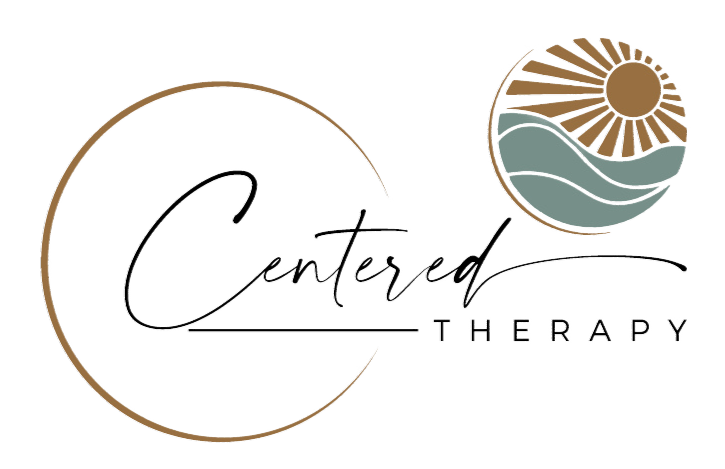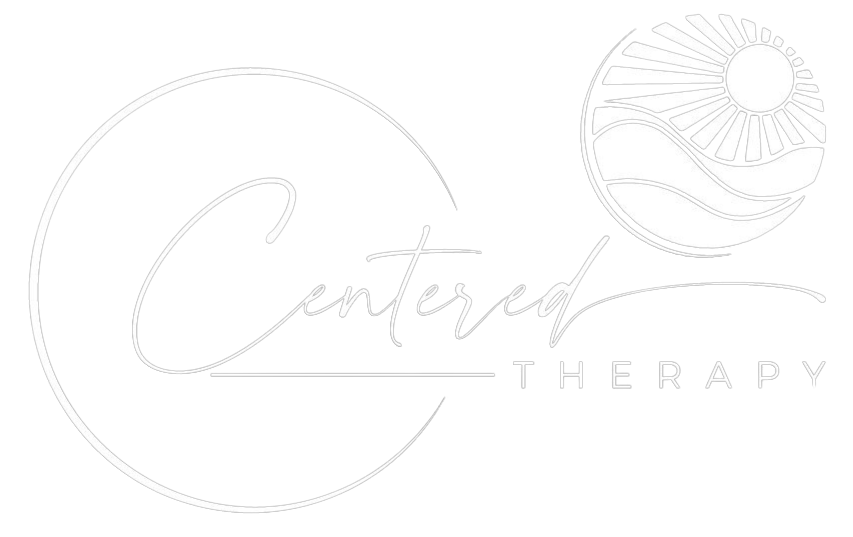Signs and Symptoms of Alcoholism
Alcoholism, also known as Alcohol Use Disorder (AUD), is a chronic condition characterized by the excessive and compulsive consumption of alcohol. Recognizing the signs and symptoms of alcoholism can help individuals and their loved ones identify the need for intervention and treatment. Here are some common signs and symptoms of alcoholism:
- Cravings – Frequent and intense cravings for alcohol, with a strong desire or compulsion to drink.
- Loss of Control – An inability to control or limit the amount of alcohol consumed, often leading to excessive or binge drinking.
- Tolerance – The need to drink increasingly larger amounts of alcohol to achieve the desired effects, indicating a higher tolerance.
- Withdrawal Symptoms – Experiencing physical and psychological symptoms when attempting to cut back or stop drinking, such as tremors, anxiety, nausea, sweating, and irritability.
- Neglecting Responsibilities – Prioritizing alcohol use over important obligations like work, school, or family responsibilities.
- Continued Use Despite Negative Consequences – Persisting in drinking despite experiencing negative consequences, such as relationship problems, legal issues, or declining physical and mental health.
- Social Isolation – Withdrawing from social activities or hobbies once enjoyed in favor of drinking alcohol.
- Failed Attempts to Quit – Unsuccessful efforts to cut down or quit drinking, often due to strong cravings or withdrawal symptoms.
- Preoccupation with Alcohol – Spending a significant amount of time thinking about alcohol, planning when and where to drink, and recovering from its effects.
- Relationship Problems – Experiencing conflicts or strained relationships with family members, friends, or partners due to alcohol use.
- Physical Health Issues – Experiencing physical health problems related to alcohol consumption, such as liver disease, cardiovascular issues, or neurological impairments.
Alcohol Addiction Treatment Options
Effective alcohol addiction treatment aims to help individuals overcome their alcohol dependence, manage cravings, and develop healthier coping mechanisms. Detoxification, commonly referred to as detox, often the first step in alcohol addiction treatment, involves removing alcohol from the body while managing withdrawal symptoms.
Detoxification is recommended for individuals who have developed a physical dependence on alcohol. Physical dependence occurs when the body becomes accustomed to functioning with a certain level of alcohol and experiences withdrawal symptoms when alcohol intake is abruptly stopped or significantly reduced. The severity of alcohol withdrawal symptoms can vary depending on factors such as the amount and duration of alcohol consumption, overall health, and individual differences.
Detoxification is typically conducted under medical supervision to ensure safety and provide necessary support. Healthcare professionals monitor vital signs, manage withdrawal symptoms, and address any complications that may arise.
During detox, the primary goal is to stabilize the individual physically and emotionally. Medications may be administered to alleviate withdrawal symptoms and reduce discomfort. Examples of medications used during detox may include benzodiazepines to manage anxiety and seizures or other medications specifically approved for alcohol withdrawal management.
Detoxification alone is not sufficient for long-term recovery from alcohol addiction. The detox process prepares individuals for ongoing treatment by stabilizing their physical condition and minimizing withdrawal symptoms. After completing detox, individuals need to continue with a comprehensive treatment program in the outpatient therapy which includes treatments listed below.
Psychotherapy
Psychotherapy is a fundamental component of alcohol addiction treatment and recovery. It involves working with a trained therapist to explore the underlying factors contributing to alcohol use, develop strategies to cope with triggers and cravings and address co-occurring mental health conditions.
Common behavioral therapies used in Alcohol Addiction treatment include:
- Cognitive-Behavioral Therapy (CBT) helps individuals identify and change negative thought patterns and behaviors associated with alcohol addiction.
- Contingency Management approach provides incentives and rewards for abstaining from alcohol and adhering to treatment goals.
- Family Therapy can help improve communication, address family dynamics, and provide a supportive environment for recovery.
Medication-Assisted Treatment (MAT)
MAT involves the use of medications, in combination with therapy, to aid in the recovery process. Medications such as naltrexone, acamprosate, and disulfiram may be prescribed to reduce cravings, block the pleasurable effects of alcohol, and deter relapse.
Support Groups
Alcohol addiction support groups provide a supportive environment where individuals are empowered to help themselves. Support groups, such as Alcoholics Anonymous (AA), provide a community of individuals who have struggled with alcohol addiction. These groups offer peer support, shared experiences, and a structured program to help individuals maintain sobriety.
Overall, alcohol addiction treatment often involves a combination of these approaches adapted to the individual’s needs and preferences. The goal is to provide a comprehensive treatment plan that addresses the physical, psychological, and social aspects of alcohol addiction, promoting long-term recovery and a healthier, alcohol-free life.
Alcohol Addiction Treatment Settings (Inpatient and Outpatient)
Alcohol addiction treatment can be provided in different settings, including inpatient (residential) and outpatient settings. There’s also a hybrid treatment option called Intensive Outpatient Treatment Programs (IOP).
In inpatient treatment, individuals reside at a specialized facility for the duration of their treatment, which can range from a few weeks to several months. Inpatient treatment is typically recommended for individuals with severe alcohol addiction or those who require intensive medical and psychological support.
Outpatient treatment allows individuals to live at home and attend treatment sessions at scheduled times. Outpatient programs are suitable for individuals with less severe alcohol addiction, a strong support system at home, and a lower risk of relapse. Outpatient programs offer more flexibility, allowing individuals to continue with their daily responsibilities, such as work or family obligations. These programs are generally more affordable than inpatient treatment since there are no accommodation and full-time care costs.
Intensive outpatient treatment (IOP) programs for alcohol addiction are structured and comprehensive treatment programs that provide a higher level of care and support than standard outpatient programs but do not require individuals to reside in a treatment facility. IOPs offer a middle ground between inpatient treatment and traditional outpatient services. These programs are designed to address the needs of individuals with alcohol addiction who require more support than regular outpatient care but do not need the 24/7 supervision of an inpatient setting.
Centered therapy counseling Health provides traditional outpatient alcohol addiction treatment programs and also Intensive Outpatient Programs in Florida, Ohio, Missouri, and Kentucky. Find a provider in one of those states here.
Support Groups and 12-Step Programs
Support groups and alcohol. treatment programs play a vital role in alcohol addiction treatment by providing individuals with a supportive and understanding community where they can share their experiences, seek guidance, and find strength in their recovery journey. Here are some key aspects of support groups in the context of alcohol addiction treatment:
- Alcoholics Anonymous (AA) – AA is a widely recognized 12-step program offering a structured approach to recovery. It provides a safe and non-judgmental space for individuals to connect with others who have struggled with alcohol addiction, gain support from peers, and work through the 12 steps toward sobriety.
- SMART Recovery – SMART Recovery is a science-based program centered on self-empowerment, teaching practical skills to overcome alcohol addiction. It emphasizes self-management and employs evidence-based techniques such as cognitive-behavioral strategies and motivational enhancement.
- LifeRing Secular Recovery – LifeRing is a secular support group that encourages personal responsibility and self-help. It provides a positive and supportive environment for individuals seeking an alternative to traditional, spirituality-based 12-step programs.
- Women for Sobriety – Women for Sobriety is a support group specifically designed for women struggling with alcohol addiction. It promotes emotional healing, self-discovery, and empowerment through a unique set of 13 acceptance statements.
- Moderation Management – Moderation Management is a program that aims to assist individuals in evaluating and moderating their alcohol consumption rather than demanding complete abstinence. It provides a supportive environment for individuals who want to regain control over their drinking habits.
Dual Diagnosis and Co-Occurring Disorders
The presence of alcohol addiction coexisting with another mental health disorder in an individual is known as a dual diagnosis or co-occurring disorders. It is not uncommon for alcohol addiction to occur alongside conditions such as Depression, Anxiety Disorders, Bipolar Disorder, or Post-Traumatic Stress Disorder (PTSD). Treating the co-occurring mental health disorder alongside alcoholism is vital for successful recovery.
Treatments may include:
- Dual Diagnosis Assessment – A thorough assessment is conducted to identify the co-occurring mental health disorder, its severity, and any potential underlying factors. This helps tailor an individualized treatment plan.
- Integrated Treatment – Integrated treatment approaches address both the alcohol addiction and the co-occurring mental health disorder simultaneously. This ensures comprehensive care and a better understanding of how the two conditions interact.
- Medication Management – Medications may be prescribed to manage the symptoms of the co-occurring mental health disorder and support alcohol addiction recovery. This approach requires close monitoring and collaboration between medical professionals.
- Therapy and Counseling – Psychotherapy, such as Cognitive-Behavioral Therapy (CBT) or Dialectical Behavioral Therapy (DBT), is often employed to address both conditions. These therapies help individuals develop coping skills, manage triggers, and improve overall well-being.
- Supportive Services – Supportive services, including support groups, peer support, and family therapy, can play a crucial role in addressing dual diagnosis and co-occurring disorders. These services provide individuals with a supportive network and a safe space to share experiences and receive guidance.
Aftercare and Relapse Prevention
Aftercare and relapse prevention are vital components of alcohol addiction treatment, supporting individuals in maintaining sobriety and avoiding relapse. These programs offer ongoing counseling, therapy, and support groups to help navigate the daily challenges of recovery. Through relapse prevention strategies, individuals learn to identify triggers, cope with stress, and develop healthier coping mechanisms. Regular check-ins and monitoring, along with a strong support network, provide accountability and assistance in staying on track with recovery goals. Aftercare and relapse prevention programs enhance the chances of long-term sobriety and overall well-being.


